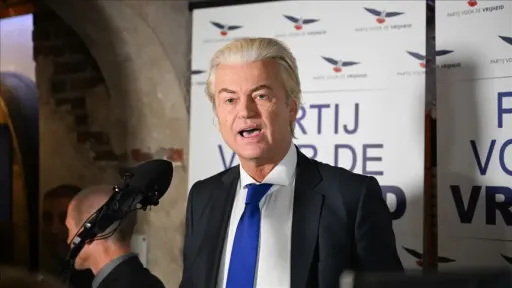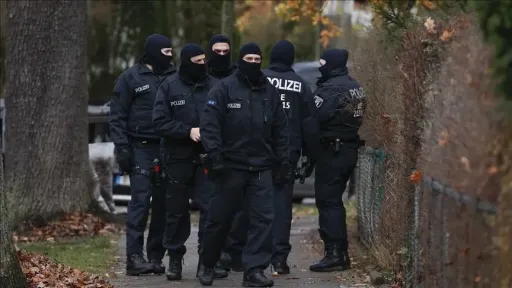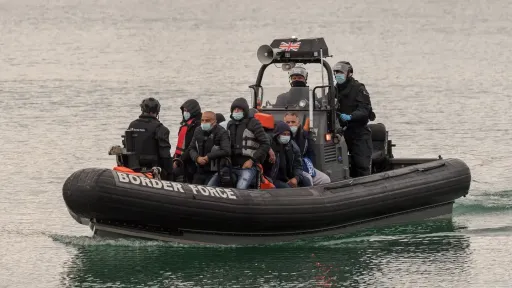Dutch far-right leader Geert Wilders agrees to form right-wing coalition government

Dutch far-right leader Geert Wilders agreed on the basis of his first right-wing coalition government Wednesday, six months after his Party for Freedom (PVV) secured a quarter of parliamentary seats in a shocking electoral victory.
Despite his party's success, Wilders will not assume the role of prime minister in this experimental "business government" arrangement.
In a negotiated agreement, the PVV will lead an uneasy coalition with the center-right People’s Party for Freedom and Democracy (VVD), the New Social Contract (NSC) party and the Farmer-Citizen Movement (BBB) party.
"The good news is that we have a negotiators’ agreement. But of course, this is only definitive when the parliamentary parties have also agreed,” Wilders told the Dutch press late in the afternoon.
The discussion on the next Dutch prime minister remains ongoing, with Wilders declining to disclose potential candidates.
Ronald Plasterk, a former Labour minister turned businessman and Eurosceptic columnist, emerged as a leading contender for the prime ministerial role, having led the initial coalition negotiations.
However, specifics on the future leadership remain uncertain.
While Wilders' manifesto advocated for measures like banning Islamic schools, mosques and the Quran, and even proposed a referendum on European Union membership, during negotiations, he distanced himself from these stances.
Symbolically, three pieces of draft legislation were withdrawn. Nevertheless, Wilders, who has a criminal record for insulting Dutch-Moroccan individuals, failed to garner enough cross-party support to become prime minister.
AA







